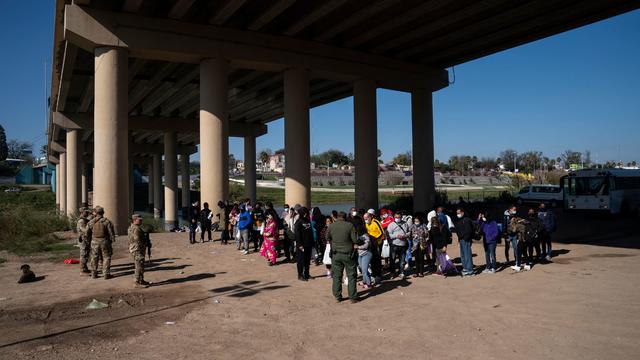
Biden to visit El Paso in first trip to southern border as president
The news comes as the president outlines his strategy along the U.S.-Mexico border.
Watch CBS News

Camilo Montoya-Galvez is the Immigration Correspondent at CBS News, where his reporting is featured across multiple programs and platforms, including national broadcast shows, CBS News 24/7, CBSNews.com and the organization's social media accounts.
Montoya-Galvez has received numerous awards for his groundbreaking and in-depth reporting on immigration, including a national Emmy Award, the Alfred I. duPont-Columbia University Award and several New York Emmy Awards.
Over several years, he has built one of the leading and most trusted national sources of immigration news, filing breaking news pieces, as well as exclusive reports and in-depth feature stories on the impact of major policy changes.
Montoya-Galvez was the first reporter to obtain and publish the names of the Venezuelan deportees sent by the U.S. to a notorious mega-prison in El Salvador, with little to no due process. Using that list, he co-produced a "60 Minutes" report that found most of the deported men did not have apparent criminal records, despite the administration's claims that they were all dangerous criminals and gang members. Montoya-Galvez was also the first journalist to interview Jennifer Vasquez Sura, the wife of Kilmar Abrego Garcia, who was wrongfully deported to El Salvador and imprisoned at the CECOT prison.
In 2025 alone, Montoya Galvez broke dozens of other exclusive stories. He disclosed the internal Trump administration plan to revoke the legal status of hundreds of thousands of migrants from Cuba, Haiti, Nicaragua and Venezuela; landed the first national network sit-down interviews with the current heads of ICE and Border Patrol; and obtained government data showing that illegal crossings along the U.S.-Mexico border in fiscal year 2025 plummeted to the lowest level since 1970 amid Trump's crackdown.
Montoya Galvez's North Star is to cover immigration with nuance and fairness, in a nonpartisan, comprehensive and compelling way that respects the dignity of those at the center of this story
Before joining CBS News, Montoya-Galvez spent over two years as an investigative unit producer and assignment desk editor at Telemundo's television station in New York City. His work at Telemundo earned three New York Emmy Awards. Earlier, he was the founding editor of After the Final Whistle, an online bilingual publication featuring stories that highlight soccer's role in contemporary society.
Montoya-Galvez was born in Cali, Colombia's third-largest city, and raised in New Jersey. He earned a bachelor's degree in Media and Journalism Studies and Spanish from Rutgers University.

The news comes as the president outlines his strategy along the U.S.-Mexico border.
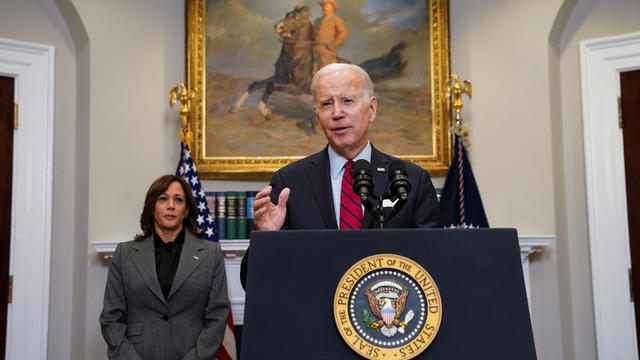
Under the plan, some migrants from Cuba, Nicaragua and Haiti would be allowed to enter the U.S. legally if they have financial sponsors.
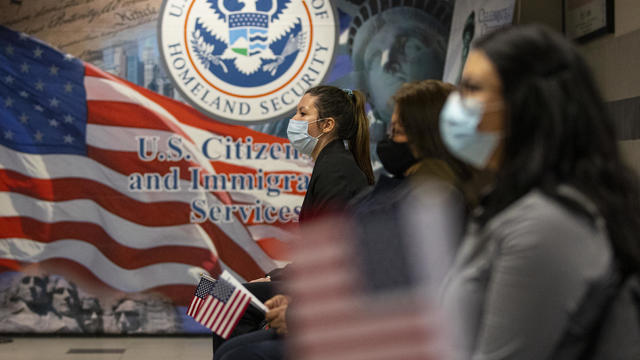
Unlike a Trump administration plan, the proposed rule would not dramatically increase application fees for immigrants seeking to become U.S. citizens.
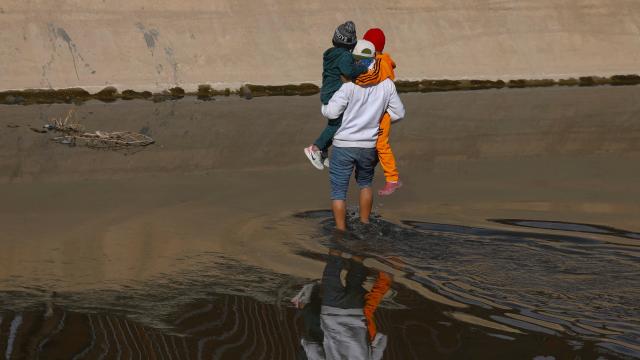
The dispute over ending the public health law, which gives border authorities the power to swiftly expel some migrants, has gone all the way to the U.S. Supreme Court.
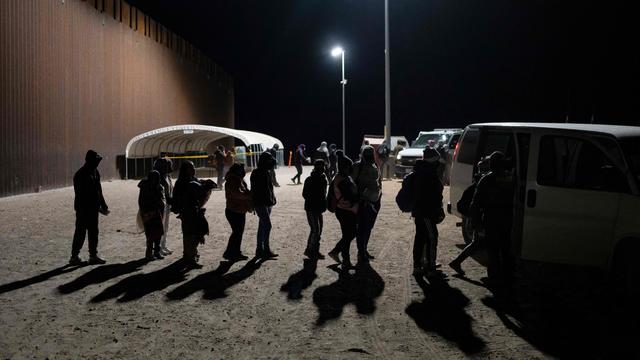
ICE deportations in fiscal year 2022 were the second-lowest tally recorded, but represented a notable increase from 2021.
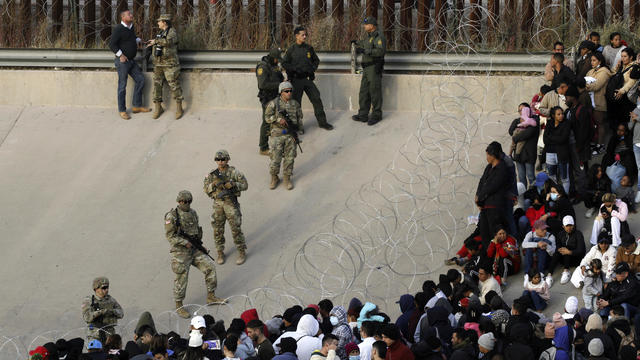
The Department of Homeland Security issued a bulletin on potential extremist-fueled violence connected to the expected end of Title 42 before the Supreme Court intervened on the policy.
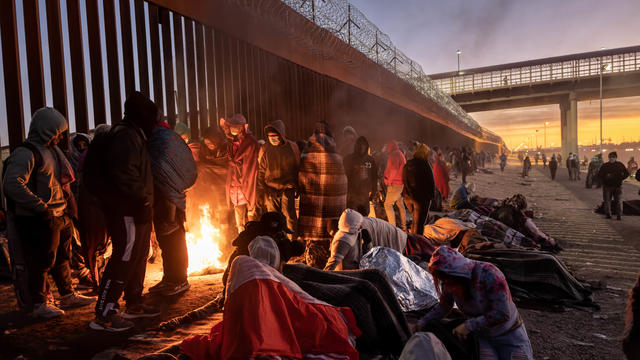
For nearly three years, the Title 42 public health law has allowed the U.S. to quickly expel hundreds of thousands of migrants to Mexico.

For the past two weeks, hundreds of migrants have been forced to sleep on the streets of El Paso because space in the city's shelters and churches has been depleted by a sharp increase in migrant arrivals.
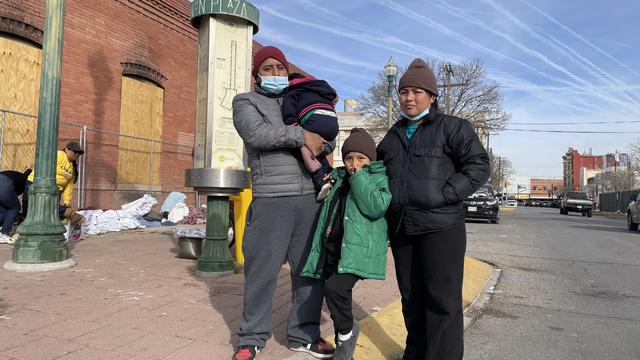
A sharp increase in arrivals of migrants fleeing economic and political instability in Latin America has overwhelmed El Paso's shelter capacity, stranding some migrants on the street.
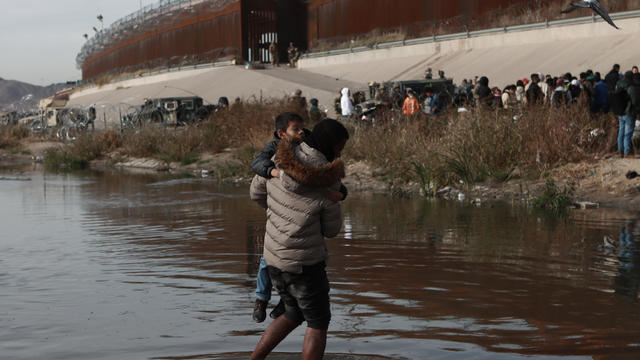
Title 42, a pandemic-era public health order first invoked by the Trump administration, has allowed U.S. border officials to quickly expel migrants without asylum screenings.

In a one-page order on Monday, Roberts agreed to place on hold a lower court ruling that declared Title 42 illegal, pending further action from the full court.
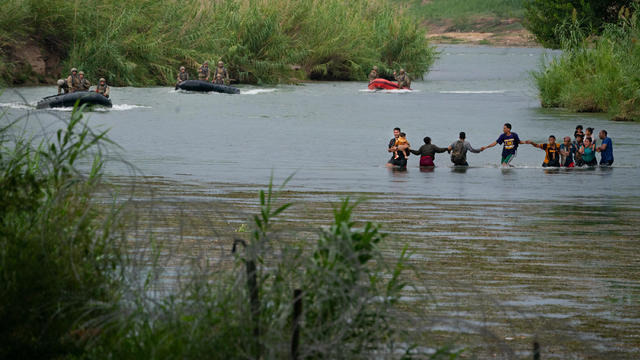
Title 42, a public health law first invoked by the Trump administration, allows U.S. border officials to expel migrants without allowing them to request asylum.
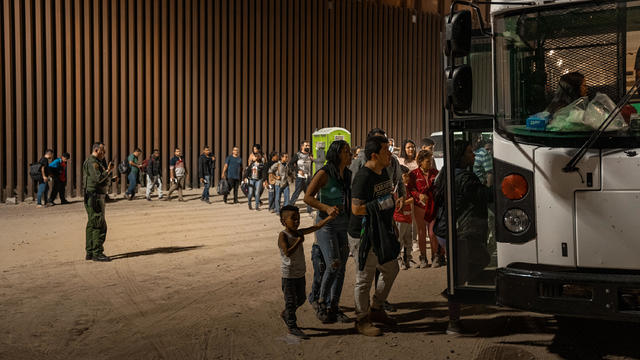
The immediate implications of the order were not clear, as any U.S. effort to return migrants to Mexico under a formal policy has to be greenlit by the Mexican government.

Negotiations in the Senate failed to gain enough traction to pass before the end of this session of Congress.

The State Department issued 493,000 visas to immigrants overseas who had applied to move to the U.S. permanently, a 73% jump from fiscal year 2021.